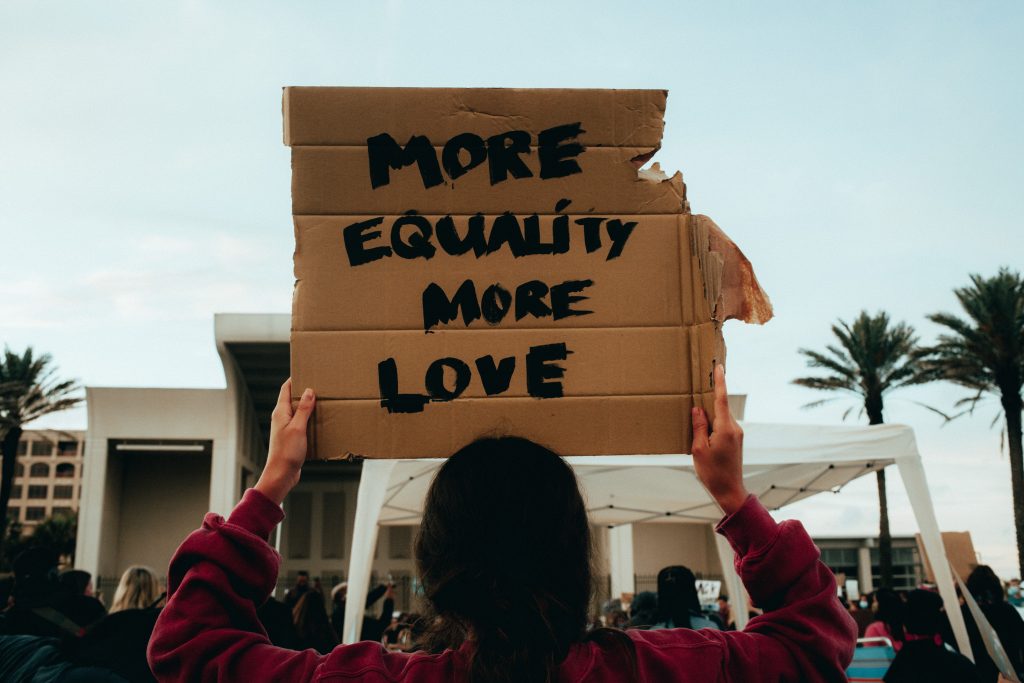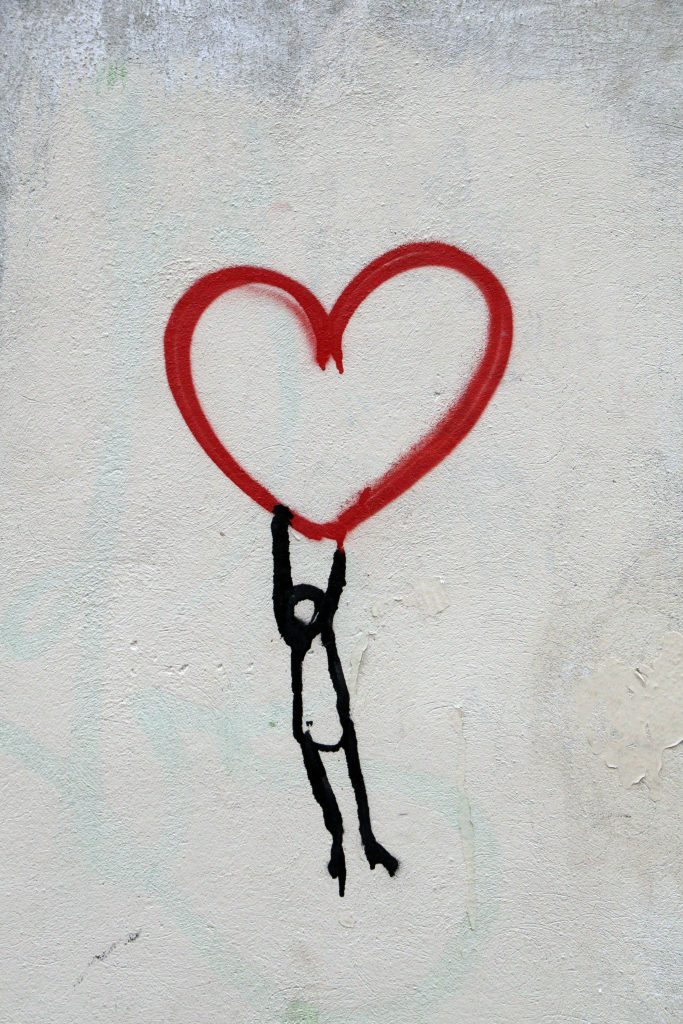I see you! Validation as a Means Towards Social Justice
A few months back I recall a presentation I did about the different functions of validation. I also remember the summer of 2020 and witnessing ongoing debates by clinical professionals over the idea that “all lives matter” versus “Black lives matter”. One particular comment stands out clearly; it was shared that both statements are true as both hold up valid points. Still, I also understand the hurt that one may perceive when they hear that their specific ethnic group, age group, religion, gender “does not matter”- because “they all matter”.
The power of validation rang clear to me. In these conversations I saw both sides of the dialectic. Perhaps each end of the spectrum was feeling the tension that comes along with experiencing invalidation. Each polar end of the debate sought justice and goodness, yet perhaps their delivery could have used a little more validation.

A study by Shenk and Fruzzetti (2011) found that controlling for personal skilled ability to regulate one’s emotions, individuals who experienced invalidation endorsed significantly greater levels of negative affect and heart rate compared to those who did not experience invalidation. It is no surprise to have read such passionate discourse about the statements, given the physiological and emotional responses to feeling invalidated.
With this in mind, I think that one way we can seek to advance social justice is by the effective use of validation. Perhaps we may not always agree with each other politics or ideologies, however, maybe by adopting a validating communication style, we may more effectively land on agreeing to disagree. This in itself is better than split relationships due to opposing viewpoints. In another study between parent and child dyads, children who received validation from their parents were found to endorse significantly stronger/positive emotion regulation, less problem behaviors and relationship satisfaction compared to invalidating dyads (Shenk & Fruzzetti, 2014). Why then can’t we strive to adopt the same? I encourage us (speaking to myself as well), to explore the use of validation in conversations- especially around social just and social-political matters. At the end of the day, we are called to “love your neighbor as yourself”, Matthew 22:39. And personally, feeling validated as opposed to invalidated and unseen is something I would never want to experience.

According to Dr. Marsha Linehan, the founder of dialectical behavior therapy (1993; 2014) there are six levels of validation: a) eye contact and paying attention, b) accurate reflection, c) stating the unarticulated, d) validating others using their past history, e) normalizing and looking for the kernel of truth, and level six, f) radical genuineness. Although upon first glance level one, providing eye contact and paying attention may seem trivial, we must not discount that in the midst of a heated conversation in which we may feel invalidating, it may be very difficult to give eye contact and basic respectful attention. As we move up the levels of validation towards the highest level, in radical genuineness we are asked to treat the other person as our equal (Linehan 1993; Koerner, 2011). This reminds me of the golden rule. Again, in Matthew 22:39, we are admonished to “love your neighbor as yourself”, which again, may be difficult if we are emotionally charged!
On a different note, perhaps you asking yourself, “what if there is nothing to validate?” or “what if I cannot figure out what to validate?” Kelly Koerner (2011) reminds us that it is important to actively search for what is valid. Further, it may be helpful to assume that there is always something valid. Koerner (2011) describes how one can validate the other’s experience. For example, “If I were you, I would also feel upset” or “It makes sense to me that you disagree and if I were you, I likely feel similar.” Again, these are easiest said than done- especially in difficult conversations.
So, in times of heated conversations and disagreements around social justice issues, I challenge us to see each other’s points of view and adopt a validating stance. Let’s love our neighbor as ourselves and choose humility. Let’s see each other!

3 Comments
Thank you so much for sharing this encouraging message. Validating people is something I want to implicate on both a personal and broader level. I think the biggest thing in validating someone is truly having radical genuineness. Being around someone with a genuine spirit is so refreshing and truly validating and I hope to implicate that as well as the other levels of validations in my relationships and everyday interactions.
Hi Dr. Lizbeth Gaona, this was an inspiring read. Not only did this post encourage me to recognize other peoples feelings but to also share with others the benefit in doing so. Even if we understand, there may be others that don’t get it yet. But, by educating others how we can listen and being nonjudgemental can help us build a stronger relationship with people. Thank you so much for this message.
Alyssa, thank you for reading and sharing. Practicing listening skills and also educating others is a great way to foster stronger relationships with people and help us develop stronger self awareness of social issues in our society and communities.